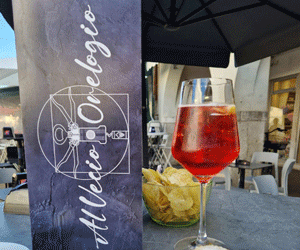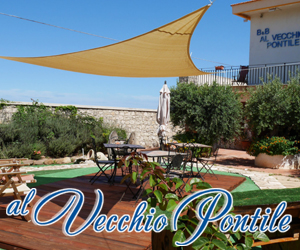 (Seoul 11/11) As every year since 1975, from 8 to 13 November South Korea commemorates the end of the fratricidal war which caused the partition between the North and the South witch is geographically marked by the 38th parallel and, like every year, veterans and family members of the soldiers of the 21 nations that participated to the conflict are invited to participate to the event so to give Korean people the opportunity to thank them to be able to start a new life of prosperity and safety.
(Seoul 11/11) As every year since 1975, from 8 to 13 November South Korea commemorates the end of the fratricidal war which caused the partition between the North and the South witch is geographically marked by the 38th parallel and, like every year, veterans and family members of the soldiers of the 21 nations that participated to the conflict are invited to participate to the event so to give Korean people the opportunity to thank them to be able to start a new life of prosperity and safety.
The program of the event, implemented by the entire organization with punctuality and without smudging, was, as usual, very significant and in addition to the purely institutional activities, learning moments of culture, customs and history of Korea were provided as well as several guided tours.
The ceremonies in Busan, at the United Nations War Cemetery and at the National Cemetery in Seoul, were characterized by moments of maximum recollection and emotion, just like it was very touched the luncheon during which the Minister of Patriots and Veterans Affairs, Mrs Pi Woo-jin has, presented the Ambassador Peace Medals to sons and daughters of some veterans (see below).
The evening at the Lotte Concert Hall in Seoul was very touching, where the Memorial Peace Concert was performed during which have performed, among others, the soprano Lee Sei-hee who sang “Una voce poco fa” aria of the Barber of Seville opera, and the soloist Jens Lindemann who, with his trumpet, made the notes of the song Danny Boy resound in the imposing theater.
The war, called by the Koreans “6:25 War”, thus recalling the start time of the invasion, was long and complex and had its origin after the partition in two parts in 1945.Everything that happened after the partition is a tangle of situations that have become the chessboard on which to play the destinies of the world.
In some respects, the conflict was caused by the failure of Truman’s plan to invade the peninsula immediately after the surrender of Japan.
Until recently, the Korean War was part of the secondary history, so much so that it was considered by some historians like Clay Blair and by the Americans “the forgotten war” and by the Americans the “unknown war” or “the war before Vietnam”.
In Italy, even today the Korean war is not even studied in schools, yet the Korean tragedy marks a fundamental turning point in contemporary history that has, in some respects, “chained” the two military blocs in a forced peace.
Understanding the history of the Korean conflict would give the opportunity to understand how international politics has been woven and developed up to the present day.
Of course, from the very beginning those who have not forgotten the war are the Korean people, whose culture dates back to 2333 a.e.v., with the foundation in the north of the peninsula of the kingdom of “Gojoseon” that subsequently spread all over the peninsula.
The Korean people from the war have been able to rise up to become one of the most advanced countries in the world bringing its per capita income from just 100 dollars in the first years of the post-war period, to over 30 thousand dollars today. Today, South Korea is one of the most technological countries in the world, investing over 4% in research and development.
And this is why the Koreans today continue to repeat until the obsession: WE NEVER FORGET YOU ALL, with this wanting to remember the sacrifice of 40896 victims and those who fought for their freedom.
But we must say that the people of Korea have realized their wellbeing and their prosperity with their own hands. However, If today Korea is one of the most industrialized country of the world, they are due manly to the effort of the Korean people as a whole , that paid for his freedom 941900 victims; 419000 fighters and 500000 civilians.
Korea is not just cold technology and economy. Korea represent extraordinary people and those who arrive in the country discovers a unique world of courtesy, almost maniacal respect for the guest, order and cleanliness, respect for nature and for life.
Every gesture of a Korean citizen seems a hymn to life and peace.
Gratitude for those who fought for their freedom goes far beyond the grandeur of the demonstrations and projects that the Ministry of Patriots and Veterans’ affairs organizes every year to remember the fallen and those who fought for the freedom of Korea.
It manifests itself in human contacts, in the respect and attention that every Korean has towards the next, especially if foreigner.
Korea is this. And remembering the war, screams its desire for life and peace.
Michele Santoro
Some veterans who were presented
the Medal as Ambassador for Peace

68th Italian Red Cross Field Hospital
Yŏngdŭngp’o, Sin’gildong South Korea

USA

10th Battalion Combat Team, Philippine Army






